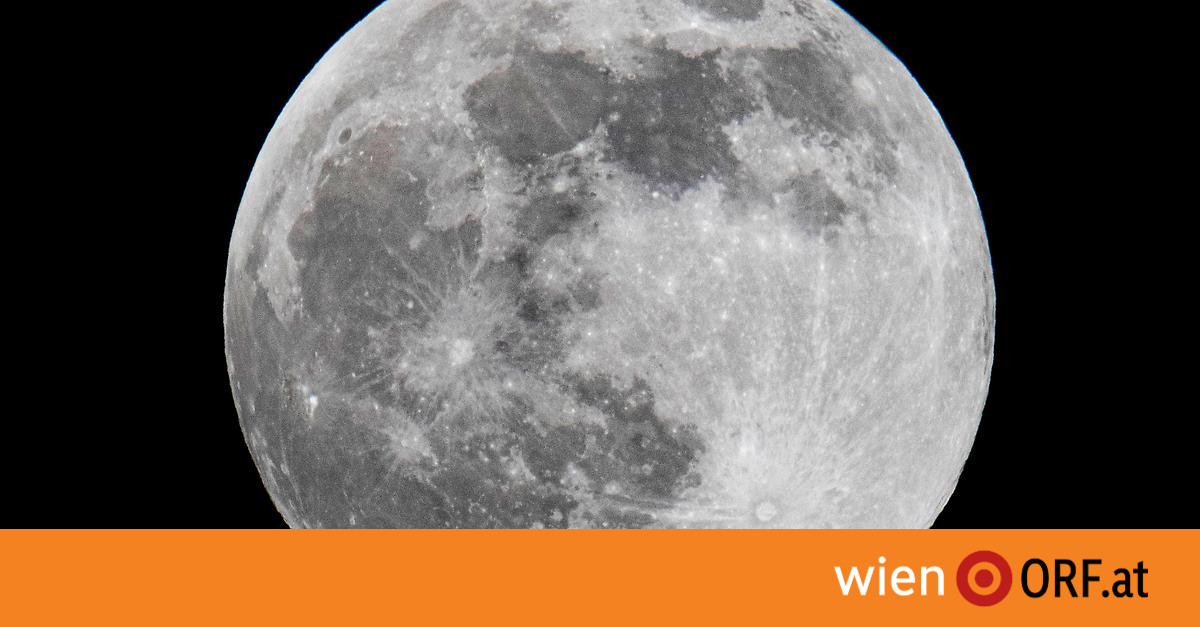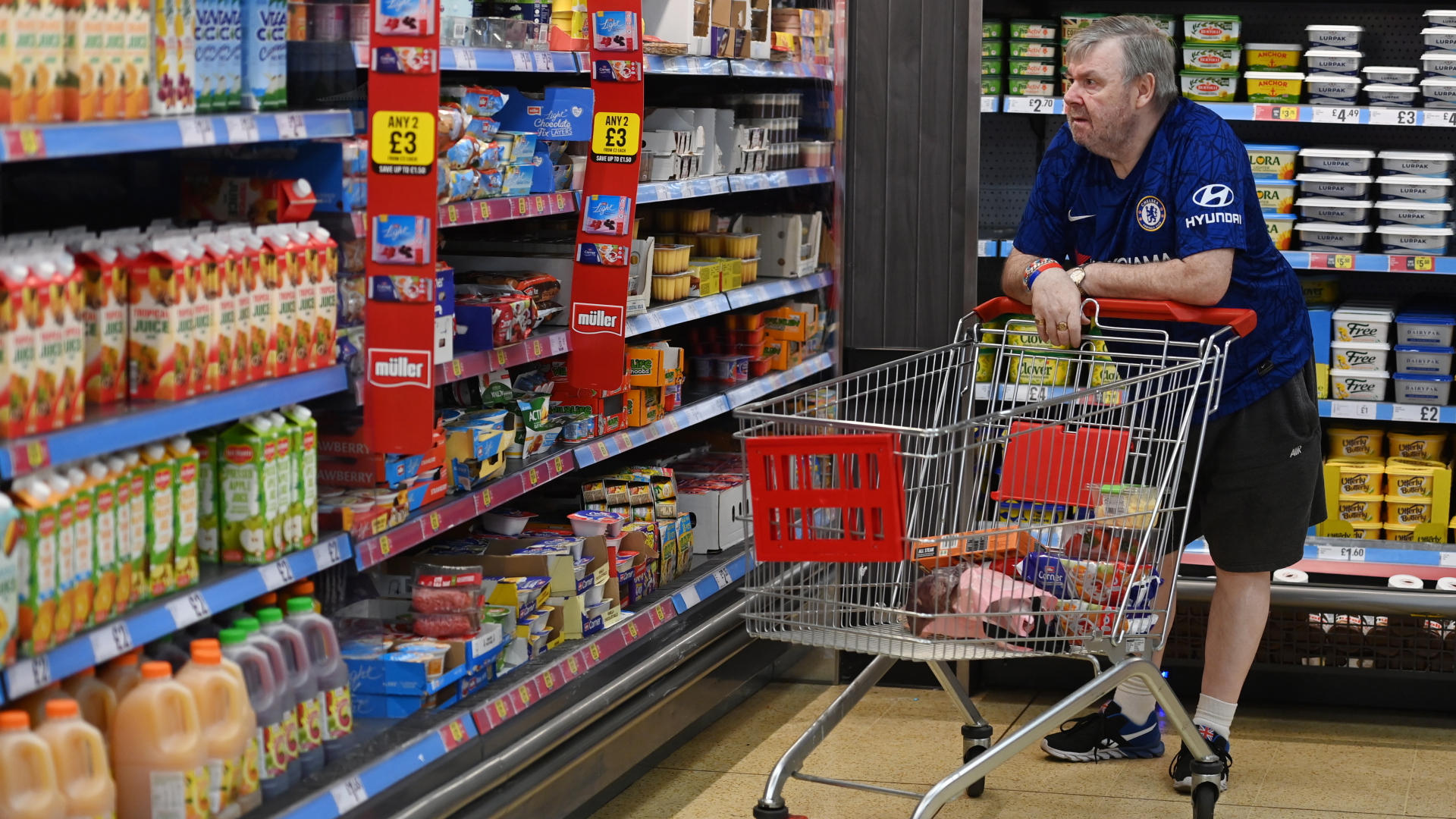Status: 08/20/2022 06:29 am
Energy prices: up and up. Inflation rate: Now in double digits. Many Britons worry about what food they will give up in the future. Relief should help, but is it enough?
Sue Lucas owns a small fish shop in Camberley, west of London. Entrepreneurs feel inflation every day. Everything is getting more expensive, he lists on the TV channel ITV: “Energy, packaging, distribution, cleaning costs are going up, the prices of sauces. Everything.” This time it means: profit is low – “for sure”.
Many families and pensioners are struggling with rising costs. Janet Kane retired two years ago, aged 66. Now he has started working again in a nursing home – due to high prices, especially high energy costs. On what she earns, she has just £63 – the equivalent of around €75 a month on groceries.
The value of money is decreasing
Kane is not alone: more than two million pensioners are living in poverty in the UK. Now the inflation rate has risen above ten percent for the first time in decades, mainly due to the enormous costs of gas and electricity.
Because a lot of heating in the United Kingdom is done with gas, and gas is also important for generating electricity. Electricity and gas costs will continue to rise next April to around €5300 a year for the typical household.
Companies are also now reacting to the situation. A grocery store announced an interest-free loan for shopping. It covers sizes as small as 100 pounds (120 euros). However, critics such as Labor MP Stella Creasy fear such an offer would encourage people to spend more.
“That’s not enough”
The government has already decided on continued aid in May. Each family will receive a relief of around 480 euros. Pensioners have another 180 euros on top. Those who receive some form of social assistance receive even more.
It’s a pretty comprehensive plan, says Paul Johnson, director of the Institute for Fiscal Studies, an independent economics think tank. But the Johnson argues that inflation and especially energy prices are higher now than they were in May. His conclusion: “So it won’t be enough for many homes.”
The Conservative Party’s leading presidential candidates agreed. But they are on an election campaign and Prime Minister Boris Johnson is on holiday – despite the crisis.
Two candidates, two opinions
Former finance minister Rishi Sunak announced a cut in VAT on electricity and gas, costing the state more than €14 billion. He also wants to introduce support payments for families.
On the other hand, Secretary of State Liz Truss, who is running to succeed Johnson, wants to cut taxes and eliminate taxes for a green energy transition. Critics accuse her of not reaching out to the needy in society.
Labor has called for energy prices to be frozen at current levels to prevent significant increases. Corporations have to pay the amount. Opposition Leader Keir Starmer wants to significantly increase excess profits tax:
That is our choice. While millions of families can’t pay their bills, oil and gas companies can either make huge profits or do something about it.
High Debt – Is It Fair?
A plan that can even reduce inflation. The State will have to go further into debt as the Truss and Sunak projects will cost a lot of money.
Paul Johnson of the Institute for Financial Research says higher government spending leads to higher inflation – and the central bank raises interest rates. But he believes: “You have to take this risk.”

“Friend of animals everywhere. Web guru. Organizer. Food geek. Amateur tv fanatic. Coffee trailblazer. Alcohol junkie.”





More Stories
Primary Residence USA: Harry has officially returned to Great Britain
Bushfires: Australia calls for tens of thousands to evacuate due to wildfires
Great Britain: Inflation Weakens Slightly | News | Current